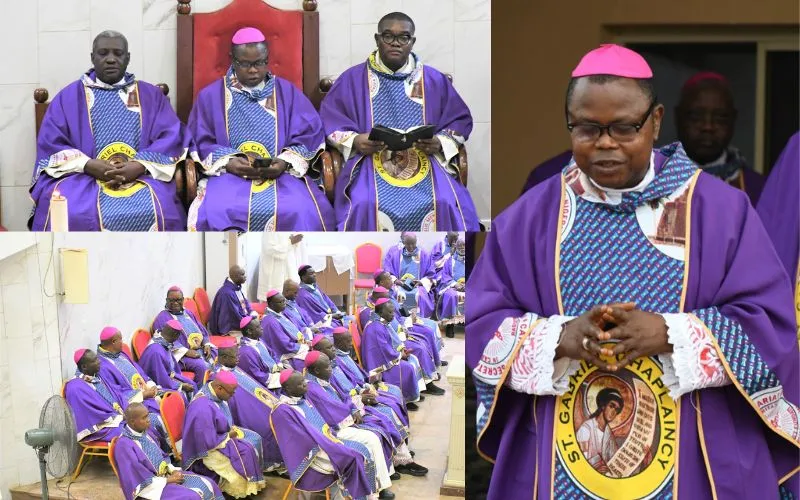At Palabek Refugee Services, the monthly food ration has been reduced significantly, a move that the Salesian Priest says has further aggravated the misery of those locked down in refugee camps and settlements.
In his reflection, “Building Hope amidst Coronavirus Epidemic”, Fr. Arasu says that the COVID-19 experiences are an invitation for everyone to be close to the poor.
“In the Gospel of Mark Chapter 14, Jesus said the poor will be with us always. This is an invitation to be close to them, feel their presence and come to know their challenges and deprivations,” he says, and adds, “The poor reveal to us the reality that is around us. They help us to focus our gaze. They teach us how to keep a normal and healthy pace in our life and service.”
The Indian-born Cleric notes that though everyone in the world comes across the poor in one way or another, often, many see the poor by chance, only have a vague glimpse of them or look at them in disgust, a situation he terms “the great catastrophe of our time.”
“When we look at the poor with eyes of compassion and encounter them with a concern, we learn more about ourselves. We need to allow the need and deprivation of others to shake us,” he says.
He further reflects, “We are taught not to get stuck in our own routine life or merely have a glimpse on the realities around us, but we are helped to refocus on our own life. This is the beginning of human sensitivity and the feeling of solidarity with the needy. The poor sharpen our sensitivity and make us more available. This can certainly deepen our love for life and strengthen our faith in ourselves, others and God.”
In his reflection shared with ACI Africa, Fr. Arasu who has ministered in Uganda for over two decades also expresses his concerns about the growing culture of crime among the youth in the East African nation, characterized with a surge in teenage pregnancies, induced abortions and substance abuse.
Other social issues that are raising concern in the country, according to the Cleric, include domestic violence and increasing cases of suicide.
“At this lockdown period moving through the villages and towns of Uganda having schools closed, we see children roaming the streets aimlessly, young people playing Lotto throughout the day, after losing jobs, the mothers and fathers of children seated in front of their homes hopelessly,” the Priest narrates.
He adds, “Due to redundancy, young people have resorted to cheap drugs and drinking local brew to ‘lose themselves’ into passing ecstasy, which will surely only push them to greater misery.”








